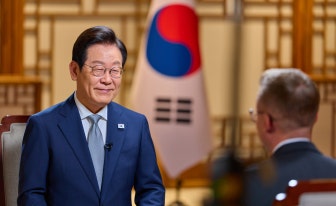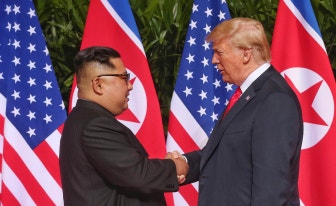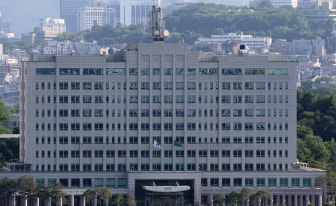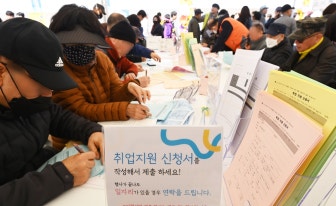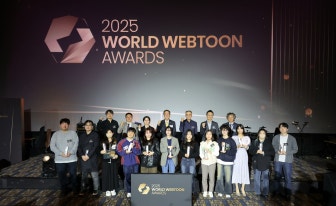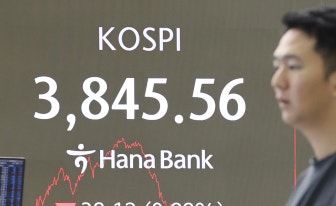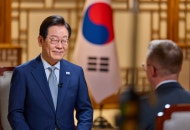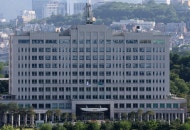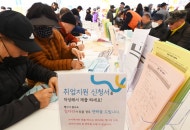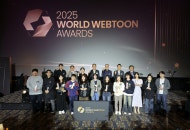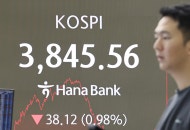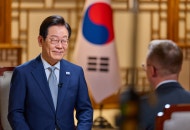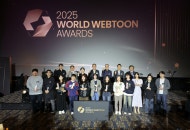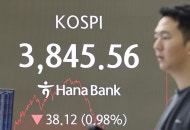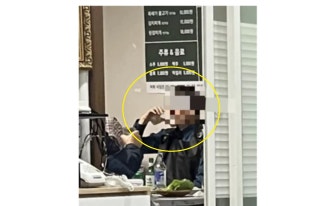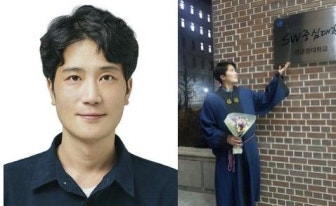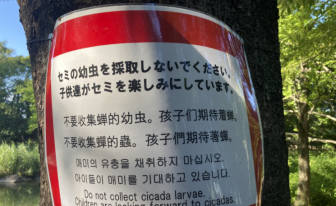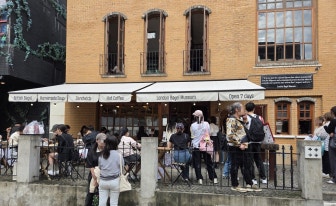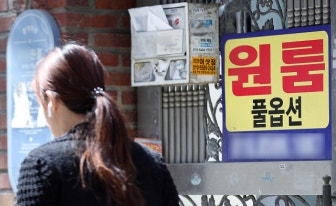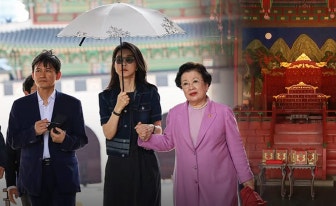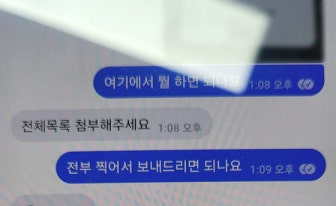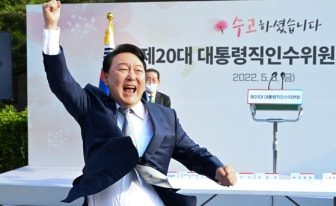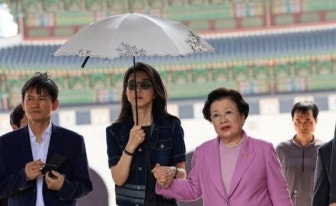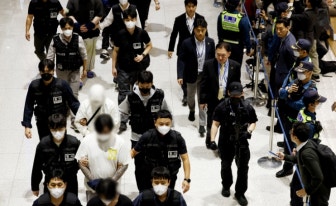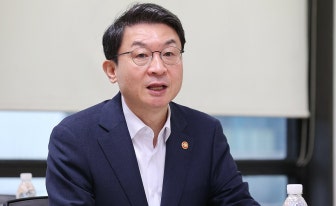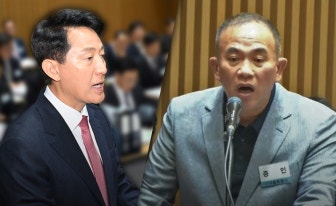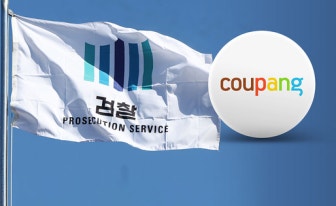| The Korean Musical Forum takes place at Hongik Arts Center in Seoul, Sept. 2. (Park Ga-young/The Korea Herald) |
“Is the definition of K-musicals really that important?” asked writer Park Chun-hue at the Korean Musical Forum in Seoul last week.
Park, who won a Tony Award this year for "Maybe Happy Ending," co-written with Will Aronson, underscored his belief that authenticity, not labels, should define the future of Korean musicals.
“The identity of K-musicals will be determined by the audience, not the creators,” he said.
“For us, what matters most is delivering the work as it was intended, without distortion. When asked whether something is a ‘Korean musical’ or not, I was frustrated because that has never been my focus. Nor was chasing success. My priority is simply to tell my story with integrity."
Alongside his call for creative freedom, Park joined the consensus on the need for a Musical Industry Promotion Law, now pending in the National Assembly. Such a framework, he argued, is essential to protect creators’ rights, introduce standard contracts, ensure fair revenue distribution and establish a dedicated agency to support the industry’s growth.
Shownote CEO Lee Seong-hoon also stressed the need for legislation, saying, “Industries develop according to what is stipulated in law. That’s why musicals, like films, need their own dedicated promotion law. With the momentum created by the Tony Award, now is the time to act quickly and enact the law.”
Others noted that a Musical Industry Promotion Act would strengthen protection of intellectual property rights, an area long neglected in Korea’s musical sector.
Ko Hee-kyung, Hongik University professor and the head of Hongik Art Center, expressed hopes that “the Tony Award will serve as a catalyst for meaningful discussions on protecting the intellectual property of Korean musicals. If the promotion law is enacted, it would provide significant support.”
With musicals accounting for the largest share of ticket sales in Korea’s performing arts market — and with the recent international success of Korean-born productions — industry experts say now is the time to address the sector’s pressing issues.
Actors and producers at the forum, organized by the Korean Musical Association, stressed investment must extend beyond productions to the people who sustain the industry. Veteran actor Park Eun-tae called for training opportunities beyond universities, as well as mental health support and digital literacy programs for performers under intense public scrutiny.
Producers such as Kim Yu-cheol emphasized process: “Broadway is a brutally commercial environment ... which is why they take time — through workshops, labs and tryouts — before risking a full-scale production. We need that mindset here as well.”
According to the Korea Performing Arts Box Office Information System, run by Korea Arts Management Service, the musical market recorded 1,587 productions and over 21,000 performances in the first half of 2025, drawing around 4 million ticket reservations and generating 237.6 billion won ($171.3 million) in revenue. This represents a steady year-on-year growth of 5 percent in sales and more than 8 percent in performance numbers, signaling a resilient recovery after the pandemic.
Yet, when compared internationally, a gap emerges. Broadway audiences numbered 14.7 million in 2024, with revenues topping 2 trillion won, while London’s West End drew 17.1 million. Korean musicals attract roughly half as many theatergoers, but ticket prices are far lower: an average of 59,000 won per seat compared with $110 in New York.
“The audience base is expanding, but unit spending remains a bottleneck,” noted Jeong In-hye, head of the Performance Distribution Team at Korea Arts Management Service.
| The Korean Musical Forum takes place at Hongik Arts Center on Sept. 2 in Seoul to discuss the history, present and future of the Korean musical industry. (Park Ga-young/The Korea Herald) |


